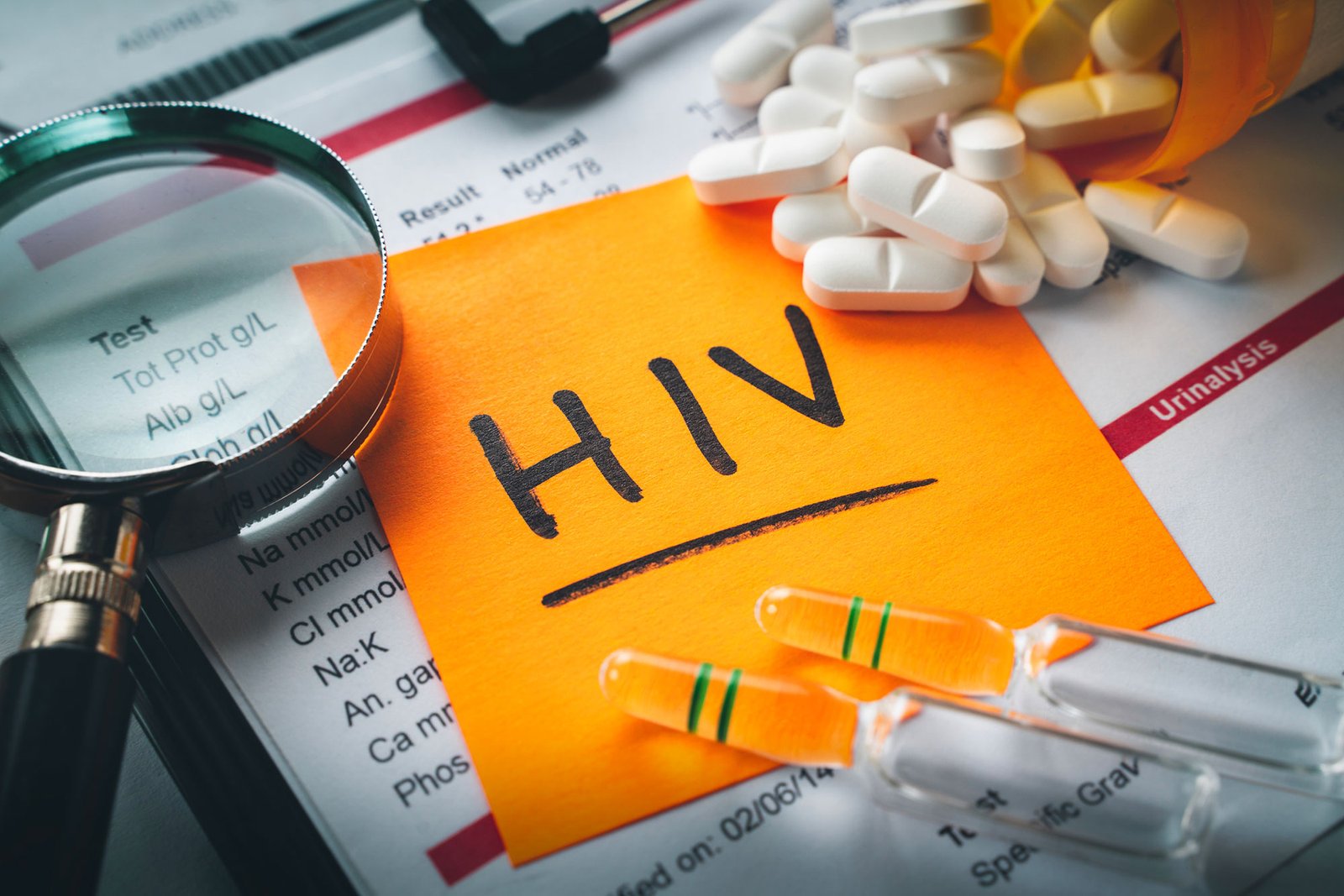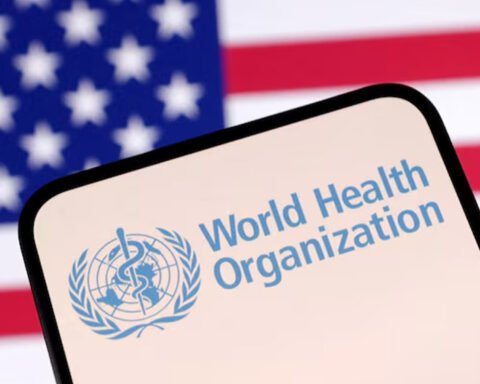The Tanzanian government has announced a large-scale medical trial aimed at reducing the risk of diabetes among individuals living with HIV, as the country deepens its investment in integrated health research and non-communicable disease prevention.
The announcement was made in Parliament by Health Minister Jenista Mhagama, as she presented the Ministry of Health’s budget estimates for the 2025/2026 fiscal year. The trial is being led by the National Institute for Medical Research (NIMR), one of Tanzania’s top biomedical research bodies.
“Current studies by NIMR have shown that individuals with HIV are significantly more vulnerable to developing type 2 diabetes,” said Minister Mhagama. “We are now piloting the use of Metformin, a common diabetes medication, as a preventive measure for patients with early signs of diabetes who are also HIV positive.”
The trial, officially a randomized Phase III clinical study, is underway in Dar es Salaam, the country’s largest city. The project seeks to determine whether Metformin can reduce the likelihood of HIV-positive individuals developing full-blown diabetes.
So far, 1,634 participants have been enrolled in the study, and they will be monitored over a period of four years. The outcome will help health officials understand if early intervention with Metformin can curb the onset of the disease in high-risk populations.
This study comes as sub-Saharan Africa grapples with a growing burden of non-communicable diseases (NCDs), such as diabetes, hypertension, and cancer — many of which coexist with infectious diseases like HIV. According to the World Health Organization (WHO), global deaths caused by NCDs are rising, and integrated care models are becoming essential in developing countries.
“Science must continue guiding our health interventions,” Mhagama stressed. “This study will not only benefit Tanzania but may offer answers for many countries facing similar challenges.”
Also Read; Brazil Takes BRICS Leadership Amid Global Shifts
The study is also supported by international partners through initiatives like the META trial (Metformin Treatment in Africa), spearheaded by University College London (UCL). The research targets early-stage diabetes indicators in HIV-positive individuals to test if preventive pharmaceutical intervention can offer a long-term solution.
Metformin, known for its affordability and minimal side effects, is already widely used as a first-line treatment for type 2 diabetes globally. The possibility of repurposing it for preventive use in HIV care could revolutionize how developing countries respond to chronic disease management.
Tanzania’s Ministry of Health has expressed optimism that, if successful, the study could lead to nationwide policy adoption, where Metformin becomes a routine part of HIV care for at-risk individuals. It would also place Tanzania among the leading nations in Africa implementing integrated healthcare strategies.
The government has pledged full support for NIMR’s research, and updates on the study will continue to be shared as data is collected and analyzed. For more on how Metformin works in the body, visit Drugs.com. You can also learn about HIV prevention strategies from the Centers for Disease Control and Prevention (CDC)..







